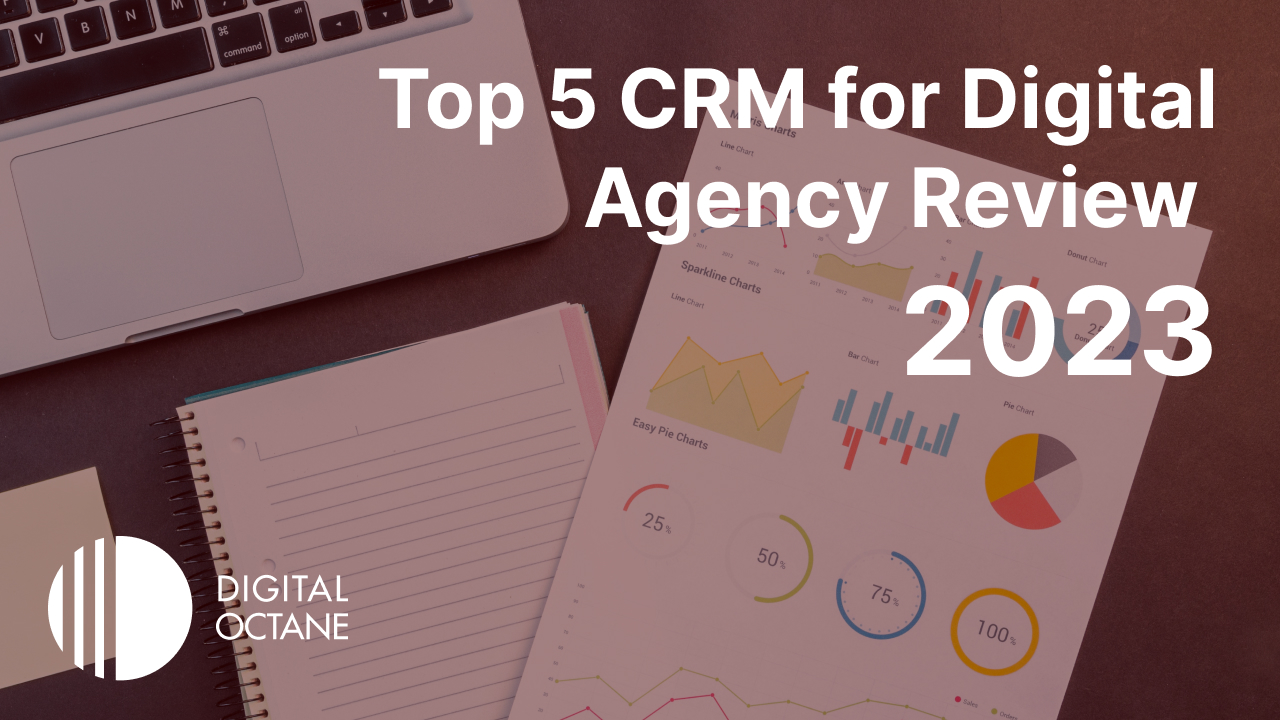
Top-5 Challenges of CBD Businesses in 2023
The Cannabidiol (CBD) industry currently has the most unrivaled business opportunities. Perhaps there is a need to point out that the global CBD market size is projected to be worth 47 billion USD by 2028. As a result, this blooming industry continues to attract many investors.
However, running a CBD business is not as easy as it seems. Not to mention, some CBD sellers struggled into 2022, among other challenges of CBD businesses.
In this article, we will examine the top challenges CBD sellers face. But first, let’s mention how to start up a CBD business.
How to Start up a CBD Business
In recent years, the promising future of the CBD industry has incited many people to explore how they can launch a CBD business. Nowadays, most CBD sellers venture into the industry without a clear-cut plan.
Even though the industry is not without its challenges, the interest in CBD businesses continues to escalate. More so, with the right approach, you can make the best out of the several avenues for success in the CBD business space!
Thus, before starting your CBD business, you must consider a few critical areas. Some of these areas are:
1. Select Your CBD Niche and Products
Choosing your niche should be the first phase to deliberate when getting started. This step is pivotal because it impacts your business in the long run.
Furthermore, you must conduct a lot of research on the niche you want to specialize in. In addition, you should concentrate on one niche to have a sense of direction when starting.
Cannabidiol products are available in different forms, including oils, patches, isolates, edibles, cosmetics, etc. Your choice of merchandise should be based on your target audience. You should also consider your location, the demographic, and what your product aims at solving.
Now, you can map out or create a business plan based on your chosen niche and product. Later in the future, you can expand your business.
2. Get Acquainted With the CBD Laws and Regulations of the State
For a long time, the CBD industry has been governed by strict rules and regulations. More so, these laws control the manufacture, distribution, advertisement, and sale of CBD products. Feasibly, the most recent development in the legalization of CBD is the 2018 Hemp Farm Bill passed in the United States.
This law has made the manufacture of industrial hemp and the sale of CBD products legal in the country. However, you can only sell CBD products with 0.3% THC content or less. Before you dive into the CBD industry, you should research the laws that govern the CBD industry.
It is important to note that neglecting these laws can incur legal consequences that might shut your business down. In some cases, you may even end up in jail if found guilty. Hence, it would be best if you were well-versed with your area’s CBD local, state, and federal laws.
3. Secure Relevant Licenses and Requirements
To distribute CBD products, you must be authorized to do so! Some CBD sellers who venture into the industry do not consider the requirements and licenses they must acquire before selling CBD products.
The legal consequences of not fulfilling the specified obligations for CBD can be worse than you imagine. There are licenses you need to obtain before you can be authorized to sell CBD products either locally, online, or abroad.
These licenses and requirements may vary from state to state. Therefore, you should contact your state and federal authorities before you start distributing CBD products.
4. Get a Certified Supplier or Manufacturer
To start your CBD business, you don’t have to manufacture the products you want to sell. You can be a wholesaler or retailer in the CBD chain of distribution. That way, you also get to minimize financial risks while marketing your CBD products.
Nevertheless, it would help if you had a certified and quality supplier or manufacturer of your CBD product. There is a need to point out that the FDA firmly opposes the improper manufacture, packaging, and marketing of CBD products.
The rate at which deceitful manufacturers adulterate their CBD products with THC is terrifying! They sell these illegal products in the guise of CBD merchandise. Notably, it would be best if you eliminated the thought that none of this is illegal. When it comes to CBD, it’s all above board.
Moreover, many customers will associate the product with your brand, so you must always maintain the distribution of quality CBD products. Thus, sourcing from an unreliable supplier might land you and your business in trouble.
5. Market Your Products
In a nutshell, the overall goal of marketing is to sell your products. You must reach your target audience and persuade them to go for your products.
Well, this makes sense, and right here is where the 4 P’s of marketing come in (Product, Price, Place, and Promotion). With the right marketing approach, you can get your CBD business to the top in no time.
However, when marketing, it is crucial to ensure that your claims are limited to the product’s benefits. Take extra care by saying only the things you are sure of to avoid legal complications. You wouldn’t want to draw the attention of regulatory authorities at the early stage of your business.
Below are some top tips that can help your CBD Business:
- Build Your Website; At DigitalOctane, we can help you build a website that will attract customers worldwide.
- Harness the Right Platforms, such as BigCommerce, Shopify, and Shift4Shop.
- Employ a Satisfactory Customer Service System
- Continually Build Your Brand
Top Challenges that CBD Sellers Face
Unlike every other business sector complication, the challenges of CBD businesses are unique. Even though the legal regulations governing CBD businesses continue to evolve in various states, various hemp industries still have to meet the stringent requirements to market their products legally.
Due to the nature and challenges of CBD, all CBD businesses are considered to be high-risk. Therefore, knowing these challenges is the first move to handling and dealing with them. Without further ado, let’s discuss the top 5 challenges of CBD businesses.
Public Perception of CBD
Perhaps the most significant challenge that most CBD sellers face is the issue of public perception. Many folks have long associated hemp products with marijuana, which its distribution is still illegal in various states. In fact, this misconception resulted in the controversy that caused the sale of hemp to be banned for an extended period.
Hemp is a special breed of the cannabis plant that contains a minute amount of THC, while marijuana has a more substantial amount of THC. Although both plants are cannabis plants, people often associate hemp with marijuana. However, many don’t know that CBD can be extracted from hemp and marijuana.
As a result, we’ve seen that the lack of clarification between the various CBD brands and the public often leads to legal problems. Moreover, the incorrect assumptions and negative public perception make it more difficult for CBD sellers to navigate the industry. This poses challenges to CBD businesses in numerous ways.
Hence, you must educate your potential customers about the misconceptions about CBD and other hemp products. You can utilize the internet through social media platforms, blogging, and the likes to provide appropriate information about CBD and its benefits.
Tight Regulations and Dealing With Legality
In 2018, the United States government passed the Farm Bill that allowed manufacturers to cultivate industrial hemp and legally sell CBD products. The bill also authorized the insurance of hemp products. This is an excellent accomplishment for CBD companies, but there are still strict regulations in place that poses challenges to CBD product’s distribution.
Although selling CBD products containing THC is legal, different countries have specified their permissible content of THC. In addition, some regions even classified CBD products as “control drugs”. This poses a challenge for online CBD sellers, who must be cautious when selecting the states where they sell their products.
That’s not all. Some states banned hemp production, while others make it more difficult for suppliers to get their CBD products across borders. The government’s ability to restrict hemp production at its discretion is another drawback for CBD businesses.
More so, there are still legal issues regarding shipping CBD products abroad. As a result, CBD suppliers must acquire and compile the required documents to ship hemp products across state lines, which can be exhausting. These tight regulations and legal issues make many CBD merchants quit.
Payment-Related Issues
To a large extent, CBD businesses are considered high-risk due to the challenges of CBD legalization and regulations. Thus, numerous card payment companies, banks, and other payment gateways are hesitant to work with CBD businesses.
The reason for this restraint is not far-fetched. With the CBD industry being a high-risk venture, they also risk being reprimanded or fined if legal complications arise in the future. Therefore, it is difficult for most CBD businesses to process online and in-store payments.
For instance, a few credit card processing platforms like PayPal and Stripe refused to transact with CBD companies due to risk. Besides, these payment platforms may reconsider their position or change their policies without prior notice, sometimes leaving CBD businesses grounded.
Furthermore, the CBD merchants that have resorted to cash-based transactions find it hard to expand their business. These payment challenges of CBD businesses should not be overlooked.
Expensive Licensing
A lot of people wonder why starting a CBD business is so costly. Trust us, the big-budget capital mainly comes down to the expensive licensing you need to start and run your CBD business.
Typically, the machinery you will use to extract, refine, and produce your CBD merchandise must be licensed. More so, to market your CBD products, you need to obtain specific cannabis licenses, which are:
- Regular Business License
- Reseller License
To acquire these licenses, you must pay the application fees and other license-acquisition costs specified in your state. CBD sellers also face the hardship of renewing their licenses yearly, and this renewal process can be pretty slow.
Not to mention, CBD businesses with pending issues regarding their license will likely find it challenging to find a payment vendor. As such, this makes the process of licensing very expensive.
Your licenses and the lab results of your CBD products must comply with all the applicable laws. In addition, you will need to ensure that the products are legal in the area where your products will be offered or sold. So, it would be best to have all the required documentation available to avoid legal complications.
eCommerce Challenges
Besides getting a certified and trustworthy supplier, identifying the right eCommerce platform for your CBD business can be tasking. eCommerce platforms perhaps have been the best gift for business organizations in this digital-ridden era.
But unfortunately, not every eCommerce platform allows CBD businesses to create an online store. Due to the ambiguity in the CBD industry, most view it as a high-risk venture.
Luckily, some e-Commerce platforms transact with CBD companies. They include BigCommerce, Shopify, and Shift4Shop. Even though these platforms work with CBD companies, CBD sellers still have to deal with a high rate of declined payments and rules regarding chargeback.
Furthermore, to transact with these platforms, most CBD sellers undergo demanding trials to prove their eligibility.
Conclusion
The rising acceptance and use of CBD products due to increasing legalization and government approvals continue to augment the growth of the global CBD market. As a result, the CBD industry has caught the eye of many with its promising trend. However, we cannot tell what the future holds.
Starting a CBD business is not as daunting as it seems. But it would be best to have an expansive knowledge of the CBD industry and create a comprehensive business plan before starting your CBD business.
In this article, we discussed the top challenges of CBD businesses, including public perception of CBD, tight regulations, dealing with legality, payment-related issues, expensive licensing, and eCommerce challenges.
At DigitalOctane, we provide outstanding CBD website design and development services. If you need a CBD website to attract more clients worldwide, you’re in the right place. Do well to reach out to us.
You may also like

How to Start a Technical Startup: Y Combinator’s Checklist
At Digital Octane, we have extensive experience working with technical start-ups daily as a development team. Over the years, we’ve encountered a lot of advice on creating, managing, and scaling start-ups efficiently. Recently, we came across a video from Y Combinator that perfectly sums up the key points you need to address to build a…

Top 5 CRM for Digital Agency Review 2023
When it comes to selecting the best CRM system for a digital agency, there are several options available in the market. However, the ideal CRM system should offer a comprehensive set of features that align with the agency’s specific requirements. Besides, the system should be cost-effective for the company. In our review, we tested top…

How to Improve SEO CBD Strategy
Introduction Are you planning to start or optimize your already established CBD business online? Then, keep reading as this article bears the best tips to improve your CBD business. Developing quality website remain the best platform when it comes to promoting and selling CBD-infused products. Talking about online growth, the sale of CBD products has…

